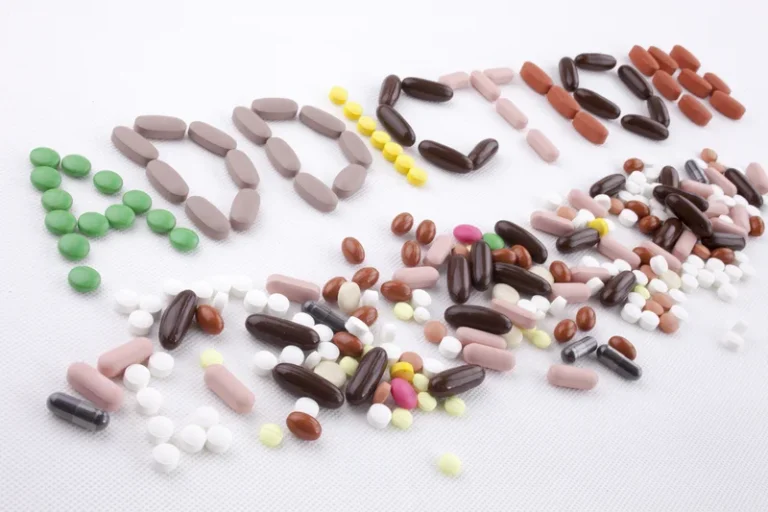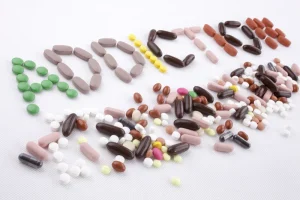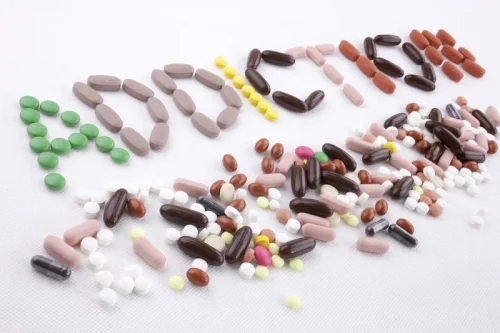Bye-Bye Booze Shakes: How to Stop Alcohol Withdrawal Shakes

The points below are parameters you can fulfill to prevent alcohol withdrawal shakes. It is important to seek medical supervision and support to ensure that you receive the appropriate care and treatment for your condition. Alcohol enhances the effects of GABA, which is why people feel relaxed when they drink. When alcohol is removed, the body experiences a surge of glutamate, causing the shakes.
Frequently Asked Questions on Alcohol Withdrawal
- Alcohol withdrawal symptoms range from mild but annoying to severe and life-threatening.
- These cravings can be frustrating if you’re trying to cut down on alcohol, drink less or stop drinking completely, but they are quite normal.
- We publish material that is researched, cited, edited and reviewed by licensed medical professionals.
- By avoiding alcohol, you’re taking a big step toward improving physical health.
- When you detox from alcohol, you may feel withdrawal symptoms, especially if you’ve become physically dependent on alcohol.
On the next page, the charts show examples of the maximum dose that you may need to manage your withdrawal symptoms. Your doctor can https://ecosoberhouse.com/ pick which schedule (‘regimen’; Regimen 1, Regimen 2 or Regimen 3) is best for you. Tapering off alcohol involves gradually reducing the amount of alcohol you drink. Besides its positive health benefits, it can help you quit drinking after weeks or months.
Drugs & Supplements

The main reasons why you feel shaky after drinking are that alcohol messes with your brain’s neurotransmitters, dehydrates you, and can lower your blood sugar. By Sarah Bence, OTR/LBence is an occupational therapist with a range of work experience in mental healthcare settings. People who drink daily or almost every day should not be left alone for the first few days after stopping alcohol. Withdrawal symptoms can quickly go from a bad hangover to a serious medical situation. However, medical complications can occur during the acute phase of withdrawal. For people who experience hallucinations as part of alcohol withdrawal, these may begin in the 12- to 24-hour time frame.
Managing your withdrawal from alcohol at home

Professional assistance, such as medical detoxification programs, can help manage these symptoms safely and prevent more severe symptoms such as seizures. Before beginning a tapering schedule, speak with your doctor about the risks of detoxing at home. Tapering off alcohol may complicate other medical conditions or co-occurring mental health disorders. You should plan to taper for between three and seven days depending on how much you’re used to drinking. Slowly reduce the amount of alcohol you consume each day until you reach sobriety. If you begin to experience serious withdrawal symptoms, drink enough to make the symptoms subside.

Alcoholic Life Expectancy: Using Calculators and Examining Overall Impact of Alcohol Abuse
Alcohol abuse affects your physical and mental health, so it’s important to be guided by someone who knows your medical history. Your doctor may personally oversee your alcohol withdrawal, or he or she may refer you to an inpatient or outpatient treatment facility. Whatever recovery option you choose, it is important to have medical supervision. However, if you’re experiencing alcoholic shakes related to delirium tremens, it’s important to seek medical how to stop alcohol shakes at home help immediately. In cases of long-term alcohol use, withdrawal can be very dangerous and cause serious issues, including high blood pressure, a dangerously high heart rate, seizures and hallucinations.
Alcohol Detox at Home
- The earlier you can recognize drinking as a problematic behavior, the better the chances are of stopping an addiction before it starts or getting the help you need to move toward sobriety.
- You should plan to taper for between three and seven days depending on how much you’re used to drinking.
- Staying hydrated is also important, as alcohol withdrawal can cause dehydration.
- If you’ve recently stopped consuming alcohol and experienced shaking, talk to a doctor.
- Symptoms of ARBD and ARBI include minor changes in your ability to think or remember things.
When alcohol starts to cause mental or physical harm, it might be time to consider enrolling in a rehabilitation program. Silver Pines and Steps to Recovery have provided addiction recovery programs in Pennsylvania for over a decade with detox, residential, outpatient, and sober living services. Last year, we expanded our services to include robust mental health services, new locations, and specialized services for our nation’s veterans with more to come this year! In the case of long-term alcoholics, though, shakes can be a sign of delirium tremens, which is a very serious condition.
- The stigma surrounding substance abuse is a significant barrier to seeking treatment.
- When you are detoxing from alcohol at a rehab center, nurses and doctors monitor vital signs, provide adequate nourishment and treat complications if they occur.
- Following the successful completion of an alcohol rehabilitation program, it is important to find avenues of continued support to improve chances of avoiding relapse and remaining sober.
- There are many treatment options available to help manage alcohol withdrawal shakes.
- “I will be supportive of your recovery but I will not enable your addiction,” she was fond of saying.
What are some ways to alleviate symptoms of alcohol withdrawal?
Exercise releases endorphins into your brain, creating natural happy feelings within a person. Not only is exercise one of the most effective natural remedies for alcohol withdrawal, but it’s also good for your self-confidence and recovery. An effective coping technique is to “fast forward” your relapse fantasy. Instead of thinking about the momentary relief that will come with the drink, think beyond that to the inevitable pain that will come after. Think about all your work thus far and how much of a setback that would be.

Leave a Reply